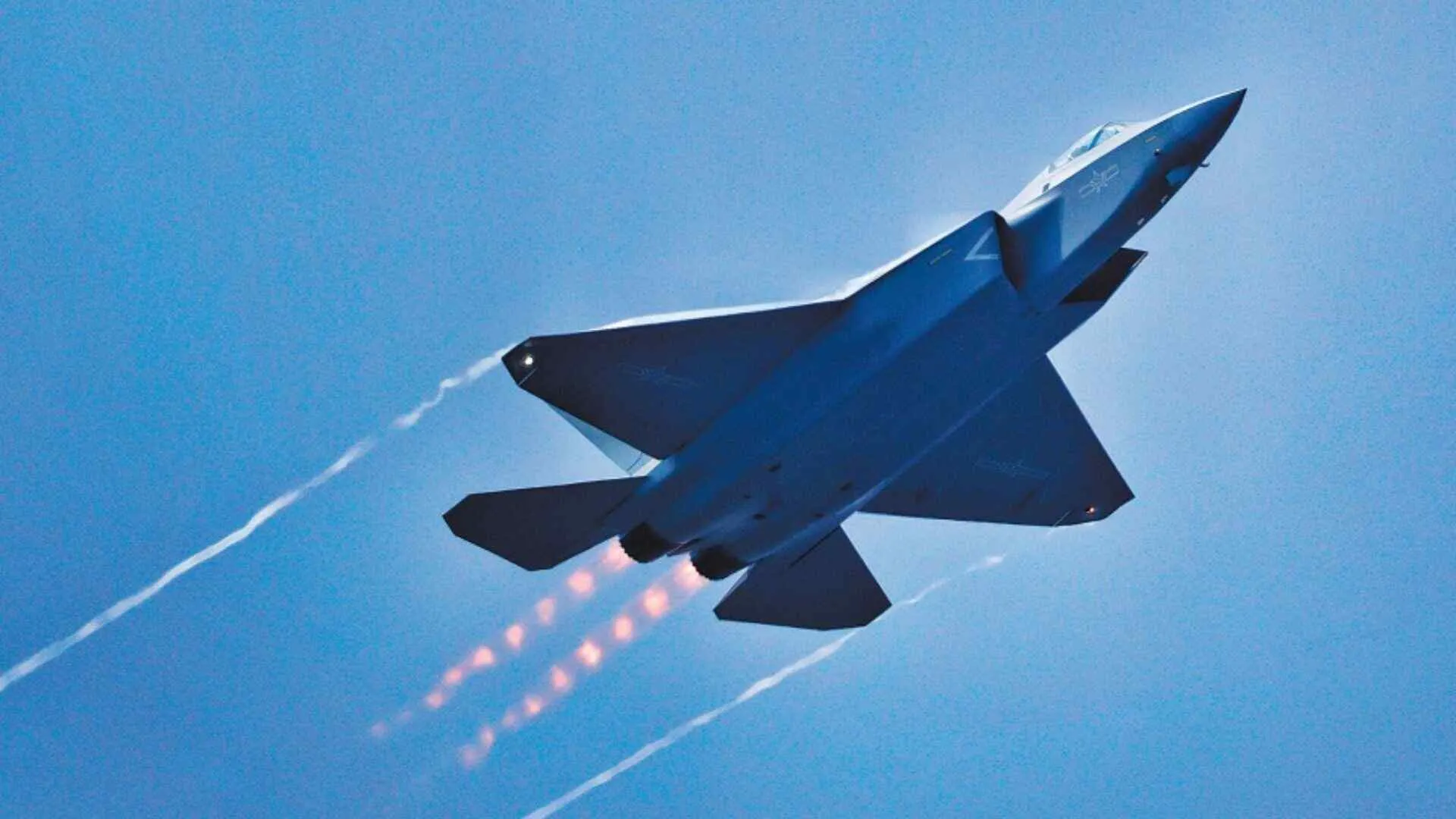Amidst escalating tensions in the Middle East, oil prices saw a rebound on Monday, aiming to recover from the significant declines witnessed last week. The surge in prices comes in the wake of developments such as Israel’s evacuation orders in Gaza and Saudi Aramco’s decision to raise its official crude prices.
Oil Market Update
- West Texas Intermediate (WTI) for the June contract climbed to $78.88 per barrel, marking a 1% increase of 77 cents.
- Brent crude, representing the global benchmark, saw a rise to $83.66 per barrel for the July contract, up by 0.83% or 70 cents.
- RBOB Gasoline futures for June surged to $2.56 per gallon, reflecting a 0.27% increase, with a significant year-to-date rise of about 22%.
- Natural gas prices also experienced an uptick, with the June contract reaching $2.18 per thousand cubic feet, up by 1.63%.
Last week, oil prices faced a notable decline, primarily driven by market sentiments regarding geopolitical risks, particularly concerning potential conflicts involving Iran and Israel. Additionally, the surge in U.S. crude inventories, coupled with weakened demand, contributed to the downward pressure on oil prices.
Current Geopolitical Dynamics
Prime Minister Benjamin Netanyahu’s recent remarks underscored Israel’s firm stance amid international pressure regarding the conflict in Gaza. Netanyahu emphasized Israel’s commitment to continuing operations until Hamas, the governing authority in Gaza, is defeated.
Saudi Arabia’s decision to increase crude prices reflects the country’s confidence in robust demand, especially in Asian markets. This move indicates a positive outlook regarding future oil demand and market conditions.
The combination of these geopolitical developments and market dynamics has contributed to the volatility and recovery in oil prices observed in recent trading sessions.












